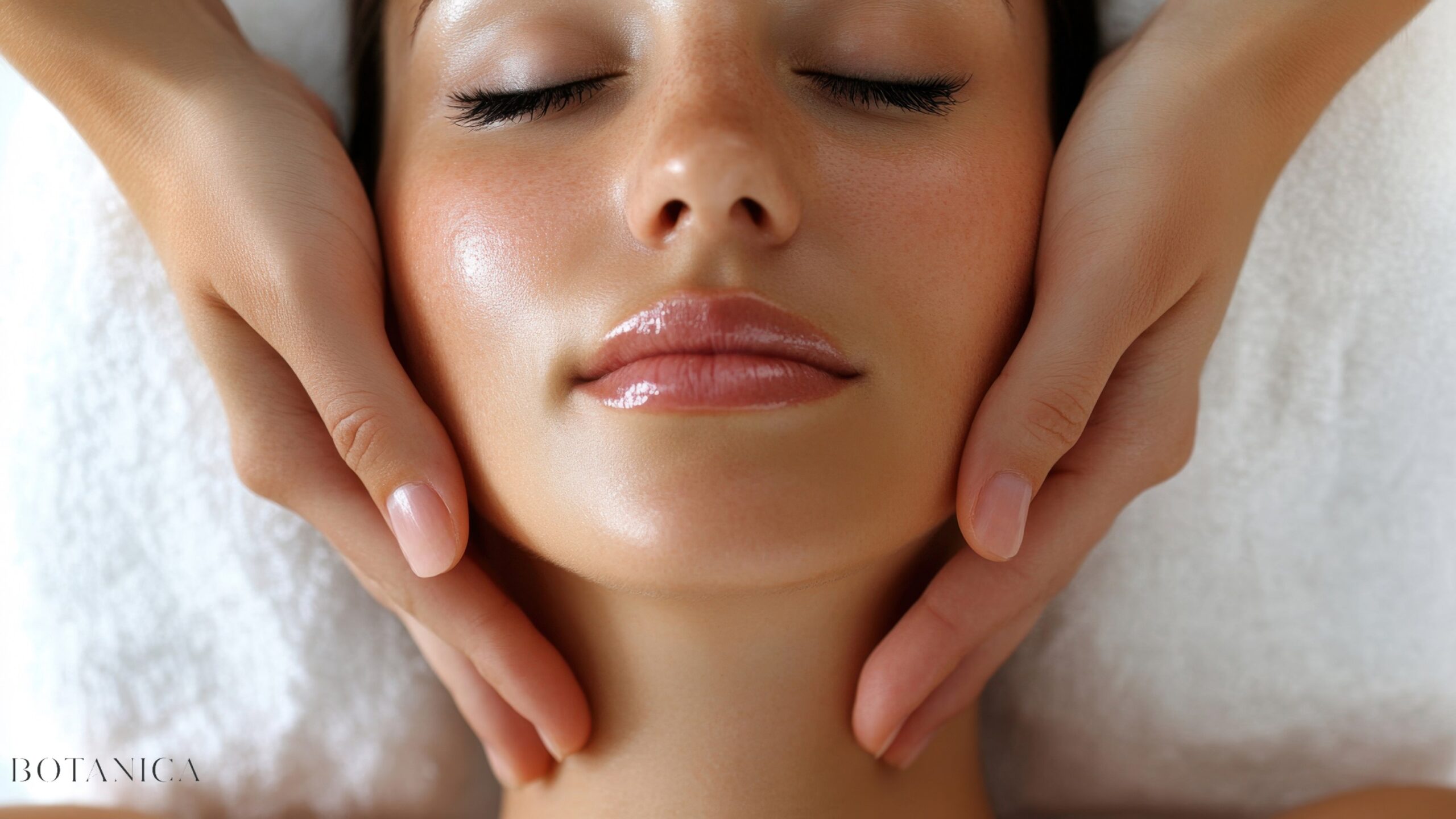
How Your Moods Affect the Health of Your Skin
If you take a moment to consider what physical features contribute most to and detract the most from your beauty, chances are many, if not all, of these features, have something to do with the health of your skin. It’s really no wonder then that many beauty products are focused on improving and maintaining the skin’s health and appearance. We learn fairly quickly that what we put into our body can sometimes be even more important than what we put on our body, and that both of these things can affect skin health and appearance. But what about our moods?
Moods and Your Skin
Among the many cool facts about skin is the fact that it can be positively or negatively affected by many things, including your diet, your skincare regimen, and your mood. While the effects that your diet and skincare regimen have on your skin may be obvious, it may be less obvious to understand how your feelings can affect your skin–unless you take into account the fact that different feelings can actually cause different hormonal and physical changes in your body, skin, and face.
Following are some of the most commonly experienced moods, and exactly how they affect your skin:
-
Stress. When you are stressed your body’s cortisol levels rise, which overworks every organ in the body, causes blood vessels to become more fragile, and slows the formation of new skin cells. The effects of stress on skin are quite obvious, especially since individuals who are experiencing stress tend to exacerbate the situation by binging on unhealthy foods, drinking less water, and ignoring their normal skincare regimen. The resultant dehydration can bring out fine lines and wrinkles, while poor diet and skincare can lead to undesirable breakouts.
-
Anger. When you are angry, you often express it physically by tensing your facial muscles–which can lead to the development of fine lines and wrinkles over time. Anger can also slow the skin rejuvenation and healing processes, perhaps because like stress, anger causes a rise in your body’s cortisol levels. Cortisol can inhibit the natural production of collagen, which is absolutely essential to skin rejuvenation and healing, and which when absent can lead to more fine lines and wrinkles.
-
Depression. Sadness is another emotion that shows very clearly on the face, as brow furrowing and frowning can lead to wrinkles and fine lines. Long-term depression can also cause the release of certain chemicals within the body that prevent it from repairing cell inflammation and affect your ability to sleep. Obviously, lack of sleep can affect the health and appearance of your face, leading to a dull, worn complexion, and baggy, puffy eyes.
-
Embarrassment. Have you ever wondered why embarrassment seems to cause flushing of the face? This is because neuropeptide receptors that are in your skin receive messages from the brain, and will flush in response to the feeling of embarrassment. How much one flushes is determined by the sympathetic nervous system’s sensitivity, but regardless of this sensitivity level, chronic embarrassment can lead to chronically swollen blood vessels–known more commonly as the embarrassing condition of rosacea.
- Fear. Fear triggers an immediate reaction in the brain, signaling the adrenal glands to release adrenaline into the bloodstream. This is why experiencing fear can also cause you to experience an increased heart rate, as blood is rushed to the muscles of the body so that they are ready for quick action should they be needed. Some of this blood that is rushed to muscles of the body is taken from your skin and your face, which is why fear can cause you to look pale.
Improving Your Mood
You have probably heard many arguments for why a visit to the spa is far more than a simple opportunity to pamper yourself but is actually good for your health. This is certainly very true when it comes to helping you manage the difficult moods and emotions that are literally having an effect on your skin’s health. By relaxing at the spa, you are allowing your body to calm down and operate at more ideal levels, which means your skin continues to receive the various things it needs to remain healthy and is not exposed to hormones that can cause it harm.
Love,
Gen



Leave a Reply